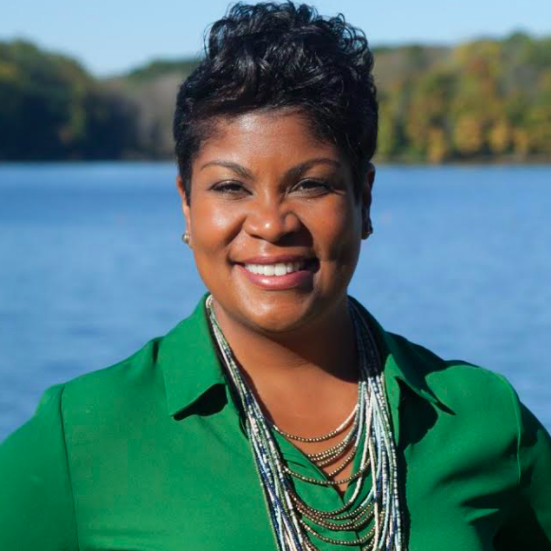
Who are the lowest risks for banks? Women entrepreneurs, new research reveals. If only we were getting credit for it. (And yes, I mean that in both senses of the word.)
Knowing that women receive less than 5 percent of small business loans, CNote partnered with ICA Fund Good Jobs, an Oakland, California–based community development financial institution that invests in high-potential businesses, to find out if women are riskier borrowers. ICA analyzed 10 years of loan repayment data from six CDFIs (community development financial institutions) participating in the Wisdom Fund, evaluating risk based on three factors: the probability of default, the likelihood of delinquency, and expected losses. It then applied a statistical model to predict how likely different groups of borrowers are to default on their loans.
Making the case for lending to women entrepreneurs
Three data points from ICA’s preliminary analysis stand out:
On average, women are a lower credit risk than men. ICA found that women are 2 to 4.5 percent less likely to default on loans than men.
Women of color are not riskier than other demographics. Breaking down the gender data, ICA found no statistically significant difference between women of color and other groups of borrowers in terms of default and delinquency rates.
Women entrepreneurs get smaller loans and may pay more for them. Despite their low risk profile, the study found that women typically get smaller loans than men—even when controlling for factors like industry, loan type, and loan purpose. Women also paid higher average interest rates over the study period.
These findings are particularly striking given that CDFIs primarily serve people and communities that are underserved by mainstream financial institutions, including women and people of color. We can only imagine the gap between credit and creditworthiness at traditional financial institutions, which can’t collect data on loan applicants that is unrelated to assessing their creditworthiness.
The next step: find out what’s driving these numbers
What’s going on here? We don’t know.
Maybe women are less comfortable taking on debt than men. Maybe structural bias works against women entrepreneurs in loan risk assessments and underwriting. Maybe women aren’t getting essential information about borrowing.
Maybe, we thought, we should just ask women.
Research is a key component of the Wisdom Fund, which CNote launched with CDFI partners in 2019 to funnel money from accredited investors into business loans for low- to moderate-income women, especially women of color. So, we’ve started our research with a human-centered design project focused on giving women of color borrowers the chance to speak for themselves about their experiences with the financial system - the good, the bad, and the ugly - and inform efforts to improve it.
We’ve partnered with Impact Experience to survey 50 to 60 women of color borrowers to learn how lenders can better serve them, and with 20 CDFIs to better understand the challenges that community lenders face when women of color come to them for loans. As part of this human-centered design project, 20 women participated in a two-day deep dive into the core challenges and opportunities around unlocking access to capital. At the end of this virtual gathering, we identified ways to remove barriers for women of color borrowers and connect them with networks that will help them grow their wealth and their businesses.
We can shape the future of finance
In the third quarter of 2021, we plan to share the insights and solutions that will emerge from this project with players across the financial services sector. However, we know change won’t happen by itself. We’re hoping to build a movement that will shape the future of the finance industry based on listening to, collaborating with, and learning from women entrepreneurs.
The project is now urgent. One fact that inspired the Wisdom Fund is that women are the fastest-growing group of entrepreneurs in the country and yet receive a paltry amount of capital. Another is that, as the traumas of 2020 made painfully clear, women of color don’t have equal access to opportunity in this country. Working together, we can fix these inequities.
Image credit: Unsplash

Danielle Burns is vice president and head of business development at CNote and leads the Wisdom Fund research project.














